Fieldwork
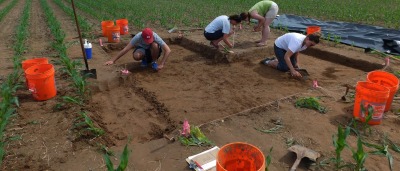
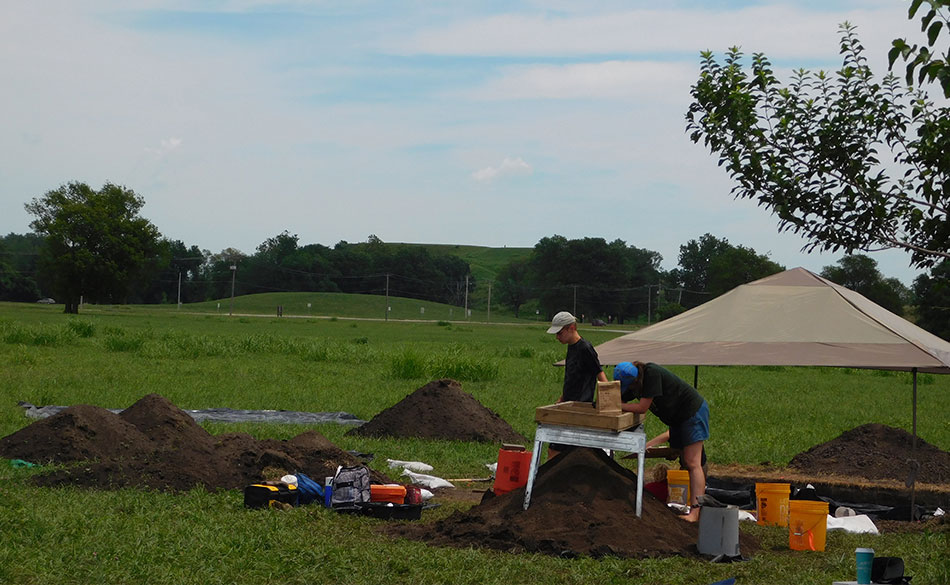
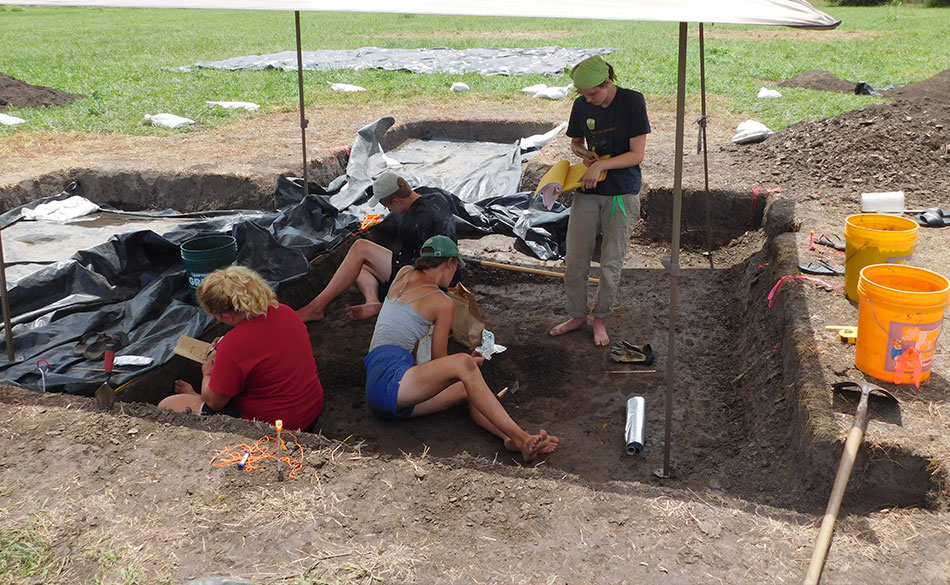
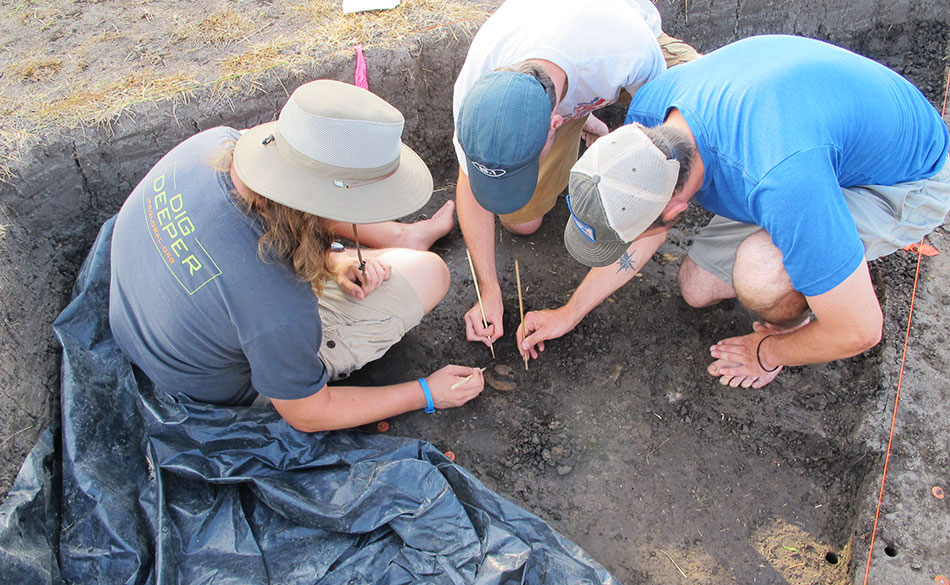
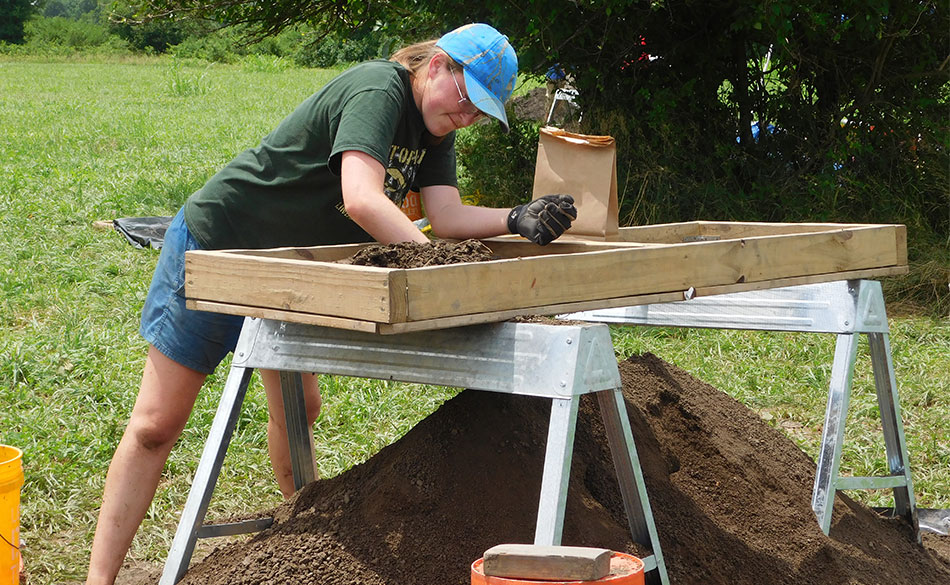
Location: Cahokia Courthouse, Elm Street, Cahokia, IL, USA
Session Dates: June 15-July 19, 2025
Application Deadline: April 15, 2025
Deadline Type: Rolling
Website: https://ifrglobal.org/program/us-il-cahokia/
Program Type:
Field School
RPA Certified:
No
Affiliation:
Institute for Field Research (IFR), Easter Connecticut State University, and University of Toledo
Project Director:
Dr. Sarah Baires, and Dr. Melissa Baltus
Project Description:
Step back in time and explore Cahokia, a once-thriving Indigenous city that rose to prominence between A.D. 1050-1350 in present-day Illinois. Situated in the American Bottom region near St. Louis, Cahokia is a UNESCO World Heritage Site and was the largest pre-Columbian settlement north of Mexico. In this unique archaeology field school, you’ll be part of a larger research project investigating how peripheral neighborhoods contributed to Cahokia’s development, offering a rare opportunity to explore the social and cultural dynamics that shaped this medieval city. This immersive archaeological fieldwork program allows students to delve into excavation, mapping, and lab work, gaining essential skills in archaeological practice while examining Cahokia’s urban landscape and its enduring historical impact. Join us in uncovering Cahokia’s past and contributing to critical research on North America’s ancient urban landscapes.
Field school highlights:
Period(s) of Occupation: Pre-Columbian
Project Size: 1-24 participants
Minimum Length of Stay for Volunteers: Students are expected to stay the full length of the program.
Minimum Age: 18
Experience Required: None
Room and Board Arrangements:
You’ll live in university housing on the campus of Southern Illinois University Edwardsville. Housing will likely be apartment style dorms, with 2 students per bedroom and shared communal spaces.
Meals: Food costs are included in the budget and students will receive a stipend to shop for food and ingredients to make meals and snacks for the week. You’ll have access to a kitchen in your apartment, as well as dining options on SIUE campus. This program allows students to manage their own food choices and so is adaptable to many different diets and food restrictions.
Academic Credit:
8 semester (12 quarter)
Institute for Field Research
1855 Industrial Street, Unit 106
Los Angeles
CA
90021
United States
Phone: 4242091173
The AIA is North America's largest and oldest nonprofit organization dedicated to archaeology. The Institute advances awareness, education, fieldwork, preservation, publication, and research of archaeological sites and cultural heritage throughout the world. Your contribution makes a difference.
Notifications